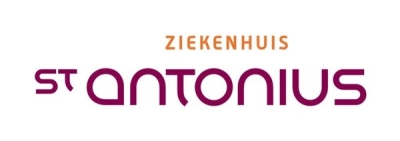Pre-emptive stenting of vulnerable non-obstructive coronary lesions
Early identification of vulnerable plaques, i.e. a coronary lesions with a high likelihood of rupture and leading to acute coronary syndrome, has gained great interest. The PECTUS trial will investigate the effect of stenting of intermediate, vulnerable coronary lesions on the prevention of future ACS, in patients with residual non-obstructive coronary artery disease after myocardial infarction. This investigator-initiated trial is funded by St Jude Medical and Abbott Vascular and will be conducted nation-wide in multiple sites: the VU University Medical Centre, Antonius Hospital, Amphia Hospital, Isala Hartcentrum, and Tergooi.
Major advances in coronary reperfusion strategies in the past three decades have led to significant reduction in morbidity and mortality associated with coronary artery disease (CAD). Traditional strategies for the treatment of CAD are aimed at obstructive (i.e. flow-limiting) atherosclerotic lesions, and are the basis for the millions of percutaneous coronary interventions (PCI) performed each year. Although this approach reduces ischemic burden and relieves angina symptoms, it does not prevent future acute coronary syndrome (ACS).
Advanced imaging modalities such as optical coherence tomography (OCT) and coronary CT angiography (CCTA) allow visualization and identification of vulnerable coronary plaques. Early treatment of these vulnerable plaques with PCI and stent may ‘seal’ the plaque and prevent future ACS. The PECTUS trial is designed to investigate whether pre-emptive stenting of vulnerable coronary plaques reduces the occurrence of ACS. Patients with residual, non-obstructive plaque after acute myocardial infarction will be analyzed for plaque vulnerability by means of OCT and CCTA (optional). After confirmation of plaque vulnerability by OCT, a total of 500 patients will be randomized to bioresorbable vascular scaffold (BVS) placement with optimal medical treatment (OMT), or OMT alone. Patients will be followed for the occurrence of major adverse cardiac events after 1, 2 and 5 years.







